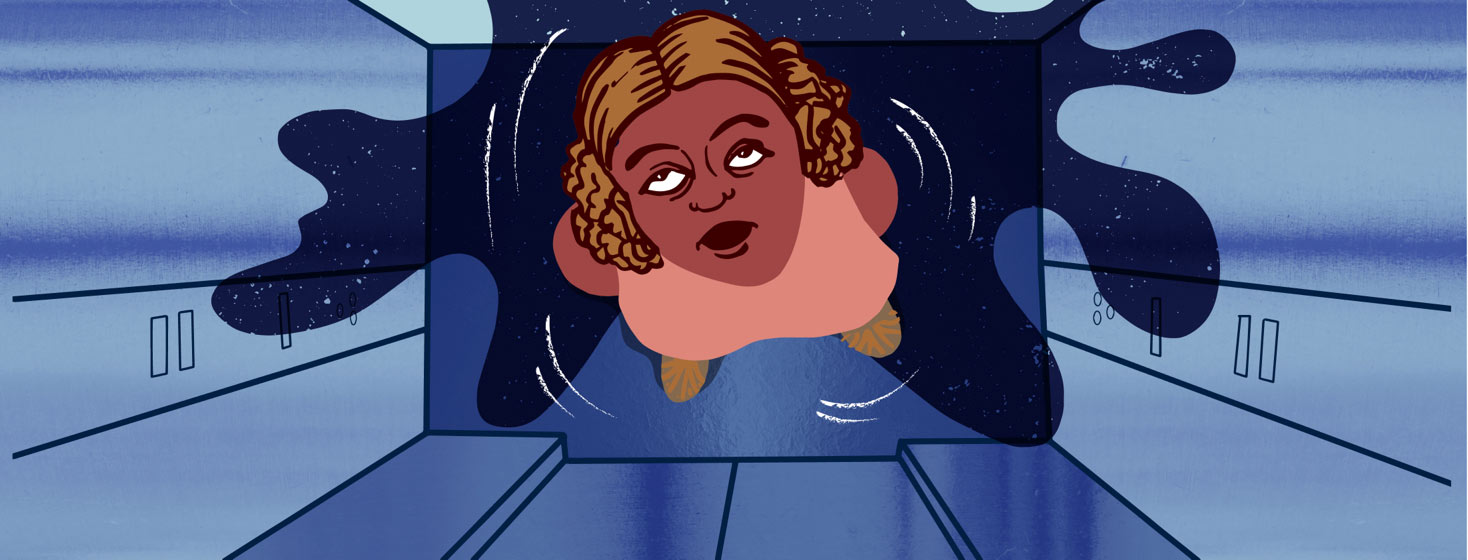My Second Heart Attack
It only took me about four years and two months to have my second heart attack. Why so short of a time between them you might ask? I made some poor decisions that I will cover in another post.
I learned this time
At the time, I was only 35 years old. Of course, like the last one, I did have a warning sign leading up to the heart attack, but it wasn’t quite as obvious. The main symptom happened one time and lasted just a few seconds.
When I arrived at work about a week before the heart attack, I was riding up the elevator and essentially blacked out. I did not fall, but my vision went completely black and I started to lose my balance. It freaked me out but I came back pretty quick, and for all intents and purposes, I ignored it. Will I ever learn from my mistakes? After this one, I have.
When I knew
I was in my final semester of nursing school working at my preceptorship location. Funny, and lucky enough, I was precepting in an emergency department. The exact moment I knew I was having a heart issue is unclear to me. At the moment, I wasn’t totally sure I was having a heart attack. The two main symptoms hit me hard and quick and were nothing like my first heart attack.
Out of nowhere, I could feel a very irregular heart rhythm and I had a deep ache in my back between my shoulder blades. I attempted to stretch to see if I could get it to go away, which I couldn’t. I went to the bathroom to get away from everything to quickly assess myself and determine how I was going to handle it.
It isn’t easy to bring this up when you are doing work for school. Not to mention I had other classmates there and this isn’t news that I wanted to be spread around school. I mentioned my concerns to my preceptor and was instructed to check in to the emergency department to get checked out. My only regret here is that I didn’t speak up about my cardiac history in an attempt to skip checking in and getting an EKG right away. Every second is valuable in a cardiac emergency.
The moment of truth
I checked in and was taken back to a triage room where EKG’s and other simple diagnostic tests were done. As it was printing, I asked if I could look at it before taking it to the doctor. In no way am I great at reading EKG’s, but when I looked at it, I immediately knew it was not good. When the doctor came back, he told me I was having a heart attack. I was quickly taken back to a room and had a nurse on each arm starting an IV and the doctor asking me a bunch of questions.
When I died
While everything was going on, getting asked questions and medications started, I could feel myself about to pass out. I looked at one of the nurses and told them I thought I was going to pass out. Within seconds I was out. When I woke back up, I had a mask over my nose and mouth which made it very difficult to breathe, and another person giving me chest compressions. Later, I found out that I went into ventricular fibrillation (v-fib). I also found out that I was shocked once which left me sore for about a week.
Back to the cath lab
The hospital I was at did not have a cath lab. It seemed like it took forever for an ambulance to arrive. When it did, I was loaded up and we went sirens blaring to the nearest hospital with a cath lab. Since they knew I was coming, the lab was set up and ready for me. While the doctor was performing the catheterization, I heard him ask someone to tell the operating room to prepare for an emergency operation. The occlusion was so tough that he could not get the guidewire through it to open my artery back up. Luckily, on the third attempt, he was able to get it through and surgery was avoided.
The damage
With this heart attack, I had 100% occlusion of the left anterior descending artery (LAD), commonly referred to as the “widowmaker” due to its grim outcome. I was left with an ejection fraction of 35% and which lead to the placement of a subcutaneous ICD.
There are two positive things that came from this. First, I no longer take a passive approach to my health. Second, my insurance out-of-pocket was maxed for the year so the ICD surgery was completely free. Always try to find something positive in every negative situation. It may be difficult, but it really does help with emotional healing.

Join the conversation